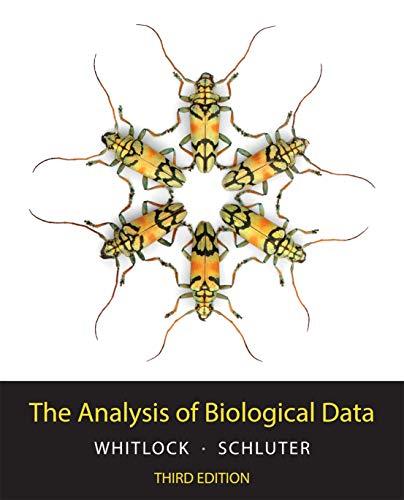In a study of the Gouldian finch, Griffith et al. (2011) looked at stress caused by having
Question:
In a study of the Gouldian finch, Griffith et al. (2011) looked at stress caused by having an incompatible mate. There are two genetically distinct types of Gouldian finches, one having a red face and the other having a black face. Previous experiments have shown that female finches have a strong preference for mating with males with the same face color as themselves, and that when different face types of finch mate with one another, their offspring are less likely to survive than when both parents are the same type.
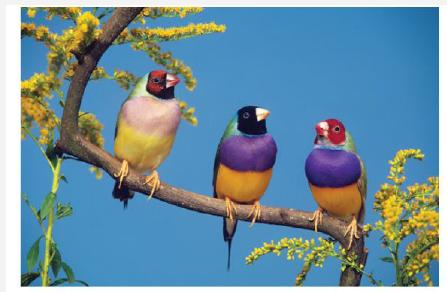
Researchers paired females sequentially with males of both types in random order. In other words, each female bred twice, once with a compatible male and once with an incompatible male.
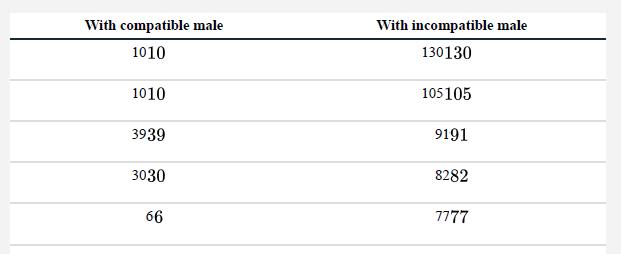
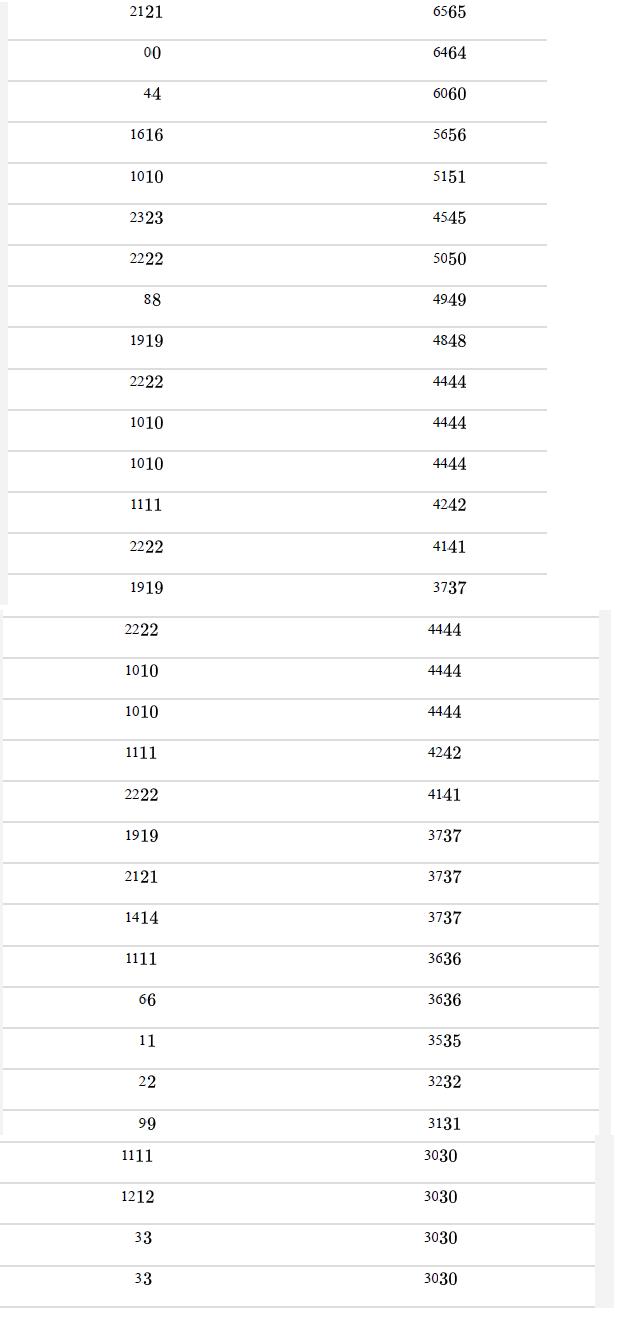
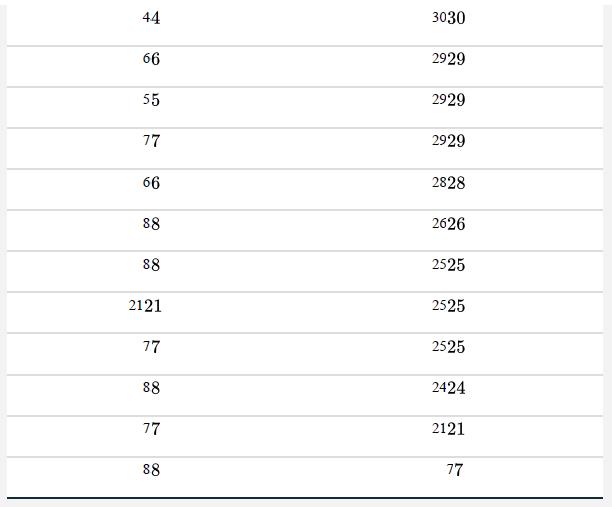
Each time, females produced a brood of young with the assigned male. For each pairing, the researchers measured the blood corticosterone concentration (in units of ng/ml) as an index of the amount of stress the females experienced. The corticosterone data for 43 females are given in the accompanying table.
a. Plot the distribution of differences in stress levels between females with compatible and incompatible mates. What trend is suggested?
b. If we wished to carry out a test of the difference between treatment means, would a paired t-test be appropriate for these data? Why or why not?
c. Would a paired t-test be appropriate after a log transformation of the differences between treatments?
d. Would a sign test be appropriate for these data? Why or why not?
e. Test the hypothesis that stress levels are the same between females with compatible and incompatible mates. Use a sign test.
Step by Step Answer:

The Analysis Of Biological Data
ISBN: 9781319226237
3rd Edition
Authors: Michael C. Whitlock, Dolph Schluter




